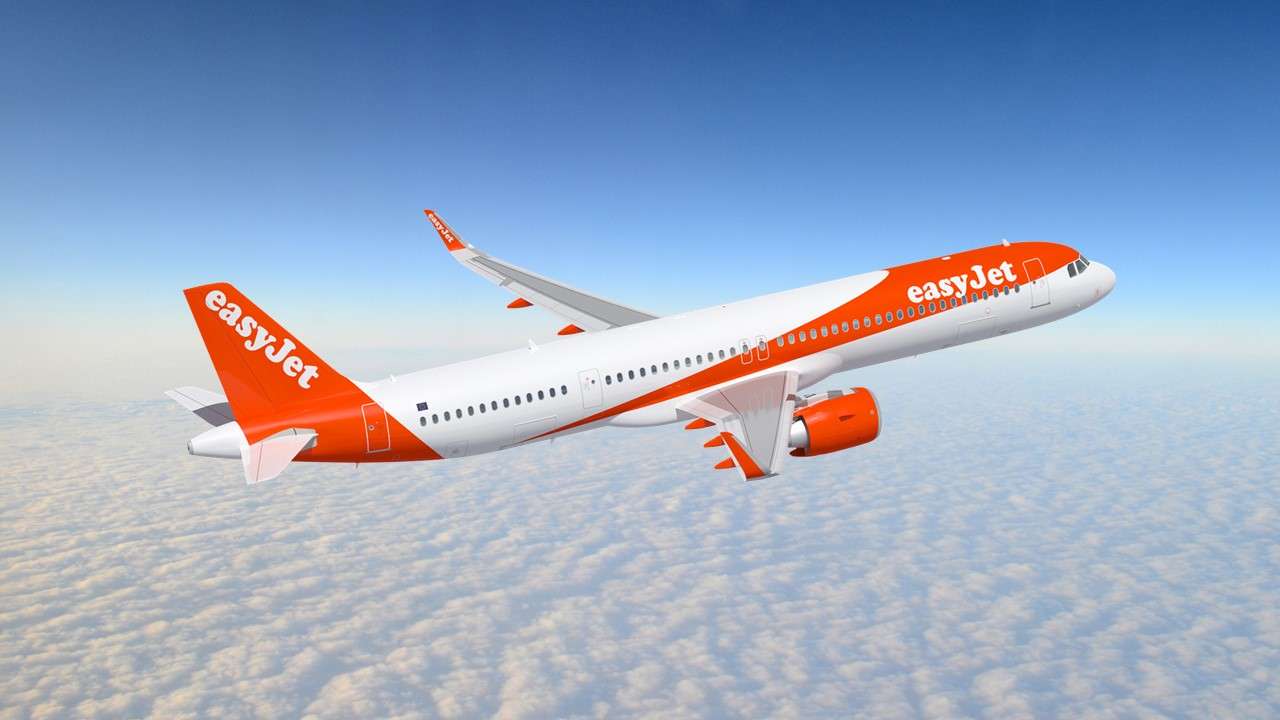easyJet chief executive (CEO) Johan Lundgren has announced his intention to retire and depart the airline in early 2025.
Lundgren will be replaced by Kenton Jarvis. He joined easyJet in February 2021, serving as a Board member and chief financial officer (CFO) since then. Jarvis will continue in the role of CFO during the transition period.
""We are sad that Johan will retire from easyJet,"" comments Sir Stephen Hester, chair of easyJet. ""He has done an excellent job as our CEO since December 2017; steering the company through the immense challenges of the Covid period, and setting up a clear strategy and strong execution plan towards its ambition of ""being Europe's most loved airline, winning for customers, shareholders and our people"". There is good positive momentum and Johan will be with us to close out the current year which we hope will be another one of strong progress.
Hester added: ""We are also delighted to be able to announce Kenton as our next CEO, allowing an orderly and seamless transition. The appointment was made after a thorough process with a strong internal and external field of candidates. We are focused on executing the medium term plan and related financial targets set out earlier this year and see Kenton as the ideal person to lead our executive team to that end. He has impressed since joining easyJet in 2021, is fully bought in to the plan and will hit the ground running.""
Lundgren congratulated Jarvis on being nominated of his successor, saying that ""it is fully deserved, and I will work closely with him and the whole executive team to achieve this year's goals and hand over responsibilities smoothly at the end of the year"".
Jarvis expressed his delight to be appointed as the next CEO of easyJet, adding: ""I am a huge believer in the future for our airline, which is powered by the talents and enthusiasm of our front line staff. I will be immensely proud to lead our teams to fulfil easyJet's bright potential.""
easyJet also released its half year report, headlined by a before tax loss of £350 million (around $445 million) for the six months to end March 2024 (H1 2024). This was an improvement of £61 million year on year ($77 million), which easyJet said was “improvement driven by network growth, cost discipline and the continued expansion of easyJet holidays”.
Breaking down the half year report, easyJet said: “easyJet is well positioned to deliver strong earnings growth year-on-year, driven by positive summer demand, strong easyJet holidays profit growth and the £61 million reduction in winter losses.
“Actions taken over the last year have enabled us to deliver an improved operational performance. As a trusted brand, easyJet is well-placed to capitalise on the positive demand environment as consumers prioritise travel. “
easyJet carried 36.7 million passengers in the first half of 2024, with a total capacity of 42.3 million. The airline's load factor of 86.7% was up 1.2 percentage points from H1 2023. Fuel costs per seat were up to £21.60, a 6% increase from H1 2023.
Total revenue increased by 22% to £3,268 million during the reporting period (H1 2023: £2,689 million), alongside a headline cost increase to £3,618 million (a 17% increase from H1 2023’s £3,100 million).
easyJet's total fleet at the end of H1 2024 was 343 aircraft (up from 30 September 2023’s 336 aircraft). The increase was driven by the delivery of nine new A320neo aircraft and five mid-life A320 leased aircraft.
Seven older leased aircraft exited the fleet at the end of their lease-term (all A319 aircraft), described by easyJet as a “journey of retiring older, less efficient aircraft, whilst benefitting from the A320neo family aircraft with their superior fuel efficiency and greater number of seats”.
The average age of easyJet's fleet increased to 10.0 years, with an average gauge currently set at 180 seats per aircraft.
During the half year period, easyJet repaid a €500 million Eurobond that matured in October 2023, and on March 20 issued an €850 million bond with a 3.750% coupon, maturing in 2031. As a result, easyJet's debt has increased to £2,162 million (30.09.23: £1,895 million) . easyJet's net cash position was £146 million. The airline stated that the strength of its balance sheet would ""support future fleet growth, upgauging and shareholder returns"". easyJet booked a net cash inflow of £114 million in H1 2024 thanks to the sale and leaseback of 11 aircraft. The airline commented that lease additions (including the 11 sale and leaseback aircraft) and lease extensions were the key drivers for the increase in the lease liability by £180 million. ""easyJet's targeted growth and focus on productivity has delivered a reduction in winter losses, boosted by our trusted brand and network that we continue to invest in,"" said Lundgren. ""Our two newest bases, Alicante and Birmingham, are achieving passenger numbers well above the network average and we have announced a tenth UK base at London Southend from next March, continuing the growth of our leisure network in the UK where easyJet holidays plays an increasingly important role. ""We are now absolutely focused on another record summer which is expected to deliver strong FY24 earnings growth and are on track to achieve our medium term targets.""
